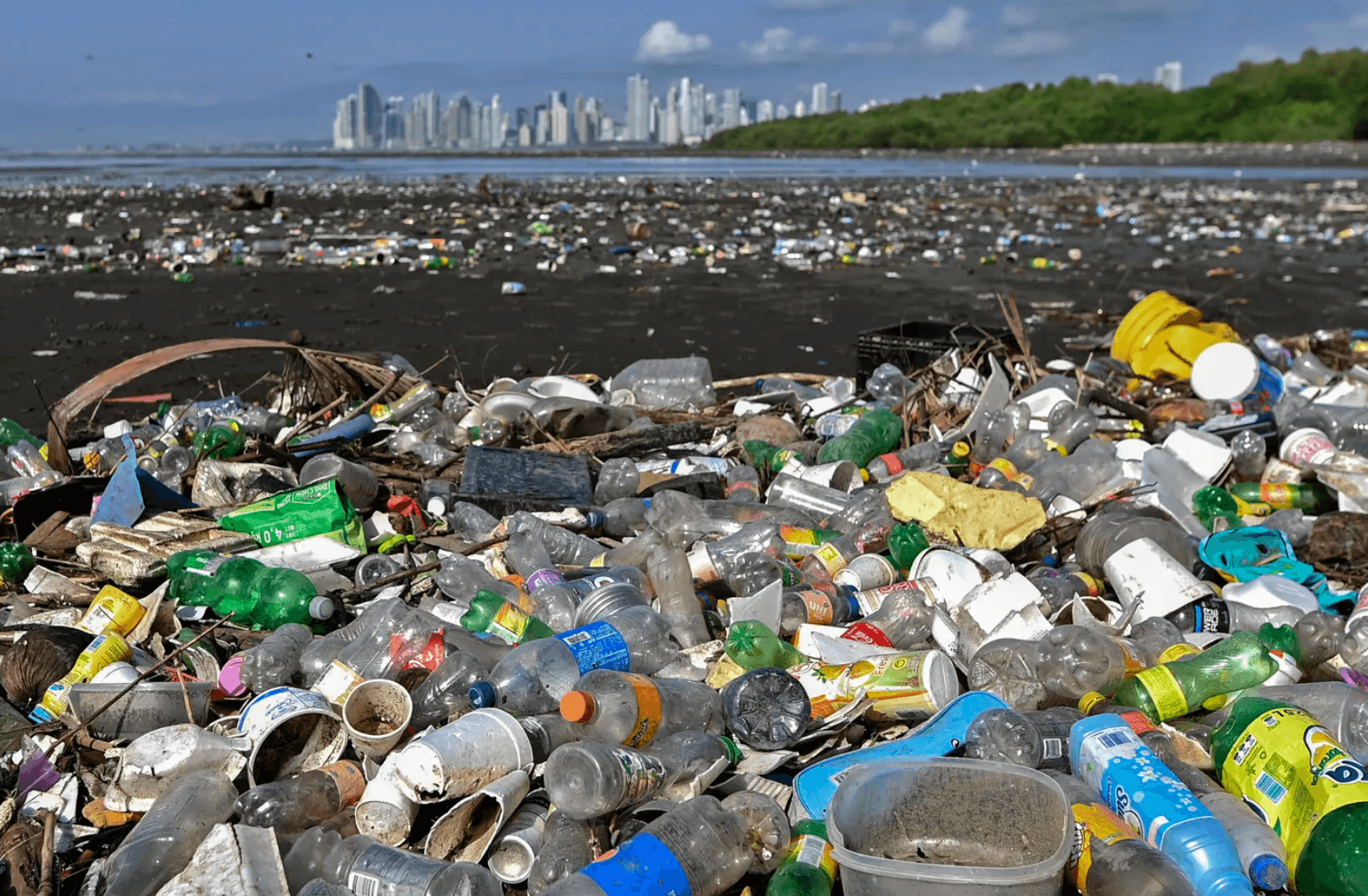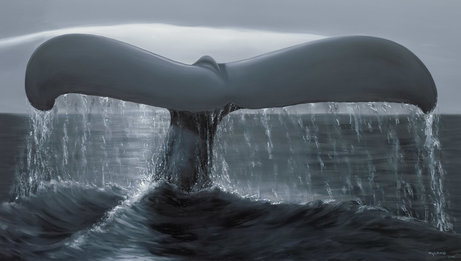
By Wyland Foundation
When it comes to protecting our waterways and oceans, one of the worst things people can do is believe that their actions don’t matter. Sometimes, it’s easy to understand how people can feel this way when the problems we’re facing are so large, or seem so far away.
A good example of this concept is the Great Pacific Garbage Patch.
The National Oceanic and Atmospheric Administration (NOAA) has reported that instead of one enormous island of garbage that many people believe exists in the Pacific Ocean, there are actually several smaller patches of debris, consisting mainly of small bits of microplastics, which are incredibly harmful to marine ecosystems. This means that the problem of microplastics impacting marine wildlife isn’t just isolated to one large area in the Pacific, but rather spread out over several smaller areas with the potential to impact more ecosystems than we initially believed.
While this information should be concerning for everyone around the planet, it can be understandable how people in land-locked areas of the country might believe that the problem is so big and so far away that nothing they do can possibly have any impact on the problem. But the trash and plastic that has accumulated in those islands of garbage scattered across the ocean didn’t all come from people who live on the Pacific coasts.
Imagine this scenario: A plastic grocery bag is haphazardly thrown into a kitchen garbage can in Colorado or Arizona or Nevada. The sack of kitchen trash makes its way to the local garbage dump, where it is ripped open as it falls out of the trash truck, spilling its contents – including that seemingly inconsequential grocery bag – onto the mountain of rubbish. A gust of wind comes along and blows that bag into the air and carries it away from the city and into the neighboring forest where it falls to the ground. During the rainstorm the following day, the bag is washed off the forest floor and into a small stream.
Because all waterways eventually lead to the ocean, it isn’t hard to see how that plastic bag could one day become another piece of the growing microplastic problem in the Pacific. And even if it never makes it that far and instead stays closer to home in that same stream or the lake that stream flows into, that bag will one day rip and shred and contribute to its own microplastic issue for the local fish and wildlife populations.
If, instead, as part of your Litter Removal commitment for your Volunteer Water Project, you pick that bag out of the stream when you happen to be hiking by and you recycle it instead of simply throwing it away, then your actions are not only helping protect your local waterways, but helping to keep those seemingly unstoppable Pacific garbage patches from growing a tiny bit bigger.
And, if you take your commitment one step further and encourage others in your community to pack their groceries with reusable shopping bags instead of disposable ones, then the positive effects of your actions grow exponentially.
And, just like that, you’ve proven that whether they’re part of the problem, or part of the solution, everyone’s actions matter.
